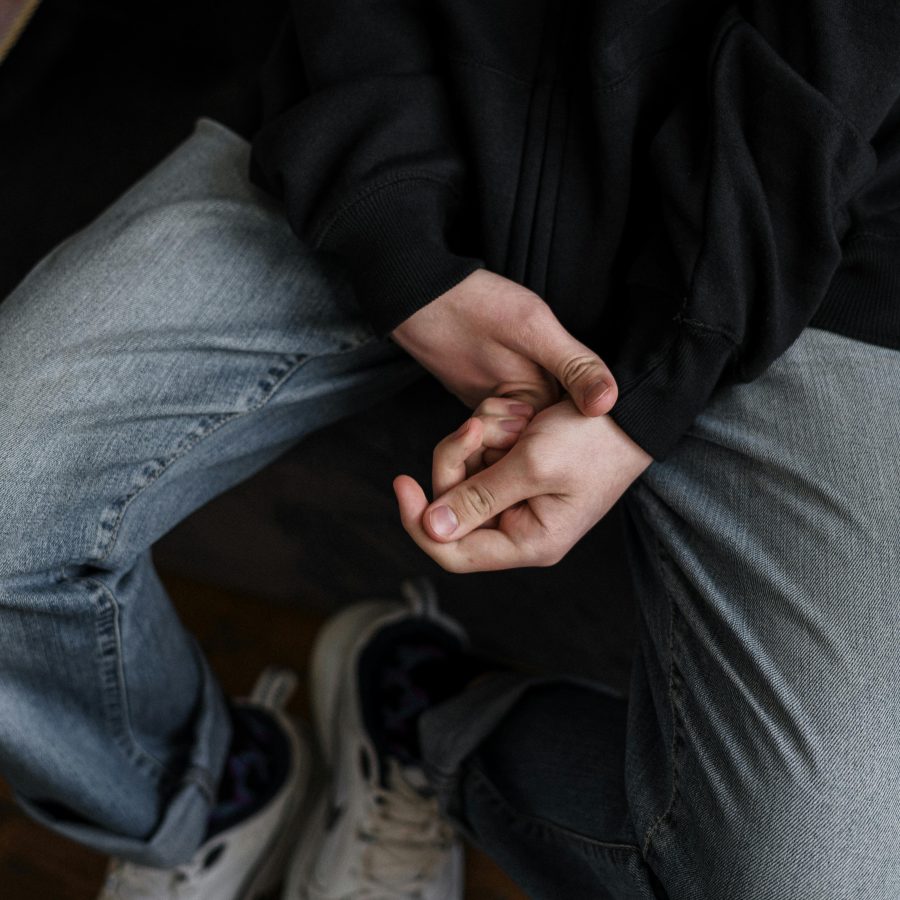The impact of homelessness on a person’s mental health is huge, although poor mental health can be both a cause and consequence of homelessness.
There is a higher rate of mental health illness amongst the homeless population than the general population, whilst the onset of mental illness can trigger or be part of a series of events that can lead to homelessness. The stress of experiencing homelessness can also amplify poor mental health, and can encourage anxiety, fear, depression, sleeplessness and substance use.
In addition to carrying out research and developing resources for relevant specialists working in inclusion health, Pathway advocates for a joined-up approach to mental health, addressing it holistically along with interrelated health, social care and housing issues facing vulnerable individuals.
